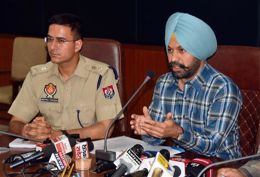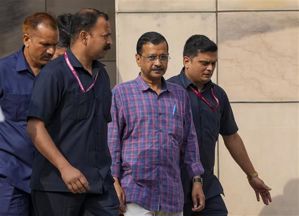The Parliamentary Standing Committee on Finance has pulled up the Competition Commission of India for not acting against airlines that charged exorbitant rates for flights between Chandigarh and Delhi during the Jat agitation due to a heightened demand. In Delhi, the government has forced the taxi aggregator services such as Uber to stop what they call ‘surge’ pricing in times of increased demand, especially during the odd-even scheme. Both admonishments are the result of a conflict between conventional notions of fairness and the ideals of free market, even as the latter are the driving force behind some of these services becoming available in the first place.
It is the government's job to protect consumers, but denying a business legitimate incentives could ultimately deprive users of the services. The key here is not to be sweeping in passing judgements on these new models of business. Each case has to be studied separately to see if a fluctuation in prices leads to correction in any demand-supply imbalance. If not, the government may need to step in, as probably was the case with the Chandigarh-Delhi flights. The increase was way too much, and did not lead to more flights being made available. Nonetheless, some fluctuation may be allowed for airlines to make a profit; after all, fliers make use of extremely low prices also.
The defence 'radio taxis' give worldwide is that surge pricing leads to more taxis coming on the road, and prices subsequently fall. Some people would dispute the efficacy of the computer algorithms that determine the 'surge'. The need, therefore, is to make these companies' methods more transparent. More time and research is required to reach a conclusion on the benefit to users. It is though a fact calculated in Australia and elsewhere that the overall taxi bill of the countries has come down with the new model. Ban may seem a like tempting option for governments reacting to public outrage, but may not be good for either the business or the consumer. New technologies and business models cannot be made to wait for law; the law has to keep up.



























